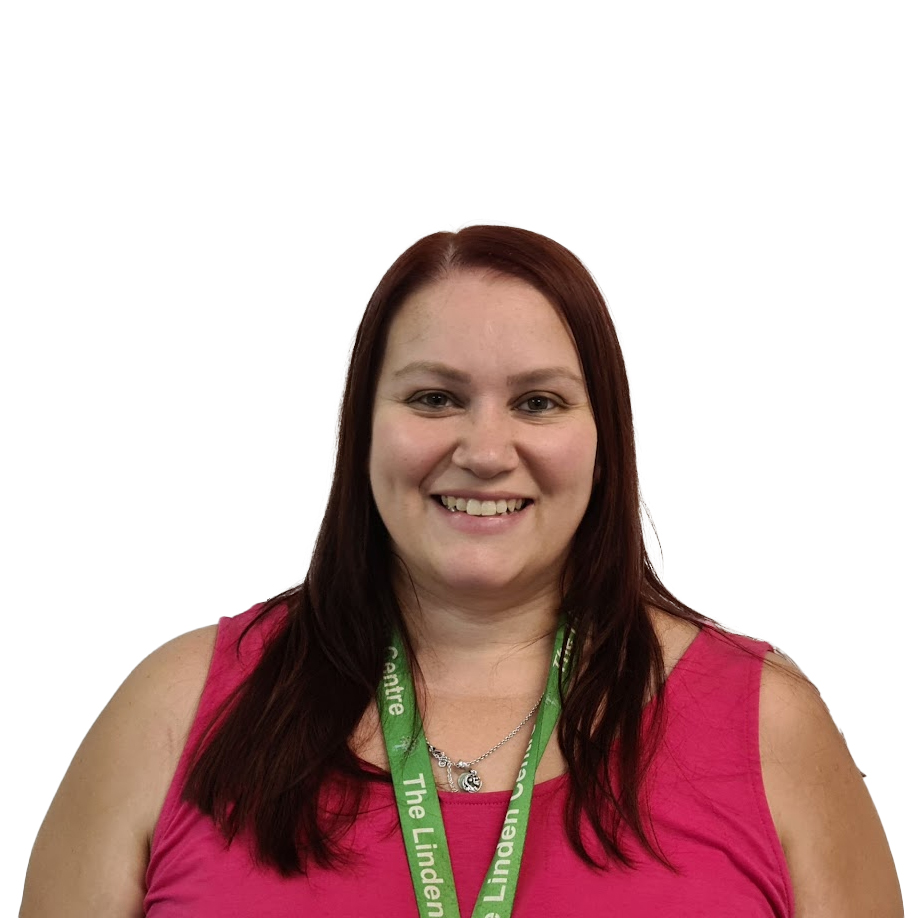The Linden Centre – SENDCo Statement
SENDCo Information
-
Name: Mrs Amy Heath
-
Role: Special Educational Needs and Disabilities Coordinator (SENDCo)
-
Contact: amy.heath@taw.org.uk
-
Availability: Mrs Heath works across all four centres daily, supporting staff, pupils, and families to ensure SEND provision is consistent and effective throughout The Linden Centre.
Our Understanding of SEND
A child or young person has Special Educational Needs (SEN) if they have a learning difficulty or disability which requires special educational provision to be made for them.
-
A learning difficulty or disability is a significantly greater difficulty in learning than the majority of children of the same age.
-
Special educational provision means support which is additional to or different from that provided for others of the same age in mainstream schools (SEND Code of Practice, 2015).
-
Many pupils with SEN may also have a disability, defined by the Equality Act 2010 as a physical or mental impairment which has a long-term and substantial adverse effect on their ability to carry out normal day-to-day activities.
At The Linden Centre, we recognise that many of our pupils experience social, emotional and mental health (SEMH) needs, often linked with adverse childhood experiences, trauma, or attachment difficulties. We work holistically to remove barriers to learning and ensure that every child feels safe, valued, and able to thrive.
Our Aims for SEND Provision
In line with the Children and Families Act 2014, SEND Code of Practice (2015) and our inclusive ethos, we will:
-
Identify needs as early as possible and provide timely, appropriate support.
-
Ensure every pupil can access a broad, balanced curriculum and achieve their potential.
-
Make reasonable adjustments to meet needs and reduce barriers to participation.
-
Use trauma-informed and attachment-aware approaches that promote emotional regulation, resilience, and positive relationships.
-
Ensure pupils with SEND are included in all aspects of school life alongside their peers.
-
Work in close partnership with parents, carers, and pupils to co-produce support plans and strategies.
-
Build strong partnerships with external agencies (health, education, and social care) to ensure a multi-professional approach to supporting vulnerable learners.
-
Invest in staff training to maintain high levels of expertise in SEMH, SEND, safeguarding, and inclusive practice.
-
Support pupils with medical needs in line with statutory DfE guidance (Supporting Pupils with Medical Conditions in School, 2014).
The Four Areas of SEND We Provide For
We recognise that children may have needs in one or more of these areas:
-
Communication and Interaction – e.g. speech and language needs, autism spectrum conditions, difficulties with understanding or using social communication.
-
Cognition and Learning – e.g. specific learning difficulties (dyslexia, dyscalculia), moderate or severe learning difficulties, global developmental delay.
-
Social, Emotional and Mental Health (SEMH) – e.g. attachment and trauma-related needs, anxiety, depression, self-esteem issues, ADHD, behaviour that challenges, mental health difficulties.
-
Sensory and/or Physical Needs – e.g. visual impairment, hearing impairment, physical disabilities, sensory processing differences.
Identifying Needs
We listen carefully to concerns raised by:
-
Parents and carers
-
Pupils themselves
-
Teachers and support staff (from The Linden Centre or previous schools)
-
Professionals such as social workers, health services, or virtual school teams
We also monitor pupil progress closely using assessment data, observation, and staff professional judgement. Where there are concerns, we gather information collaboratively to build a clear picture of the child’s strengths and needs through a Pupil Passport.
Our Graduated Approach
We follow the assess – plan – do – review cycle, in line with the SEND Code of Practice:
-
Assess – Gather information from staff, parents, the pupil, and relevant professionals.
-
Plan – Agree outcomes and strategies with parents and the pupil. Create an individual plan that identifies needs, strategies, and provision.
-
Do – Implement support through high-quality teaching, reasonable adjustments, interventions, and relational approaches.
-
Review – Regularly evaluate progress with parents and pupils, adapting support where needed.
Where progress remains limited despite high-quality provision, we work with external agencies and, where necessary, request an Education, Health and Care Needs Assessment (EHCNA) from the Local Authority.
How We Support Pupils with SEND
-
High-quality teaching with differentiation and reasonable adjustments.
-
Trauma-informed, attachment-aware strategies to promote emotional safety and resilience.
-
Small group and 1:1 interventions to support learning, regulation, and social development.
-
Pupil Passports and Support Plans co-produced with parents and pupils.
-
Staff training in SEMH, de-escalation, therapeutic approaches, and SEND-specific interventions.
-
Specialist resources and equipment where required (e.g. sensory tools, writing aids, ICT support).
-
Collaborative working with health, care and educational professionals.
Working with Parents and Carers
We recognise parents and carers as partners in their child’s education.
-
Progress is shared termly through reviews and reports, alongside Parents’ Evenings.
-
Parents can request a meeting with the class teacher, SENDCo, or Senior Leadership at any time.
-
We work transparently, valuing parental knowledge and involving families in decision-making.
Supporting Pupils with Medical Needs
-
Pupils with medical needs will have an Individual Health and Care Plan, written with health professionals, parents, and where appropriate, the pupil.
-
Staff administering medication are trained and supported in line with statutory guidance.
-
Procedures follow Local Authority policy and DfE guidance (Supporting Pupils with Medical Conditions at School, 2014).
Our Inclusive Ethos
At The Linden Centre, we believe that every child has the right to feel safe, understood, and included. Our trauma-informed, attachment-aware practice underpins all we do. We aim to build trusting relationships, foster resilience, and ensure all children and young people with SEND have the opportunity to flourish academically, socially, and emotionally.

